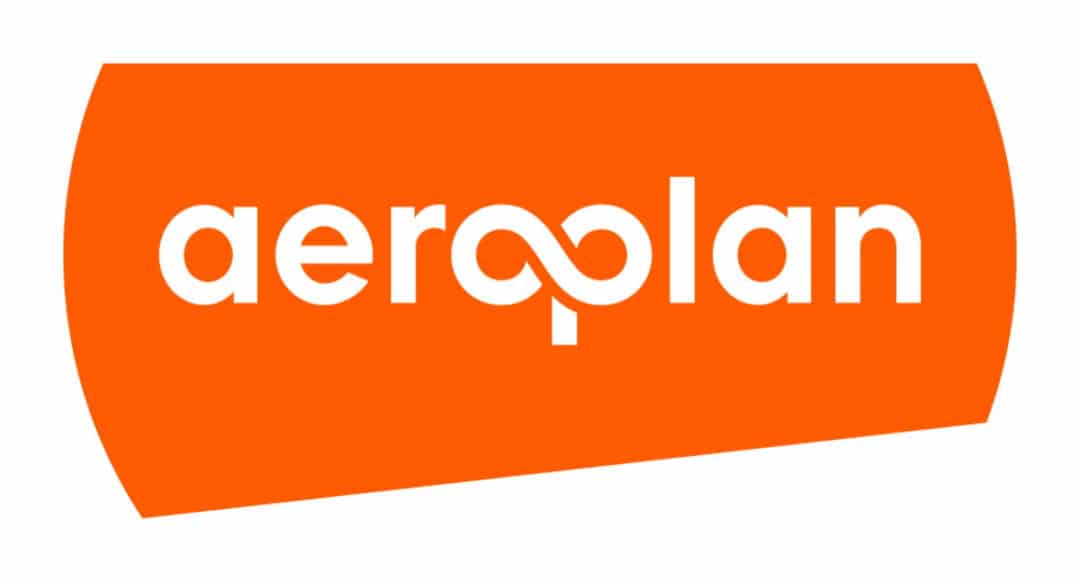As the competition for travel rewards heats up one recurring problem for the Aeroplan rewards program is that its members are on the hook to pay for any fees, taxes, and fuel surcharges when they redeem their points for travel.
Other travel rewards programs, such as RBC’s Avion, TD’s First Class, and CIBC’s Aventura, allow customers to redeem points for the full cost of airfare — including taxes and fees — but Aeroplan members are not able to use their miles to pay for the extra charges.

When you spend years collecting points to use toward a dream vacation it can be frustrating when you discover that you don’t actually get that trip for free.
A Shocking Aeroplan Rewards Story
That’s what happened to Bob Muir, a 53-year-old consulting manager from Keene, near Peterborough, who has collected Aeroplan miles for 14 years. He had accumulated close to 380,000 points and recently looked into booking two tickets for himself and his son to travel to Glasgow, Scotland. Muir’s points easily covered the 180,000 points needed for two round-trip business class seats, according to the Aeroplan flight rewards chart – view here.
But when he went to book the flight he was shocked to learn that getting to Glasgow would cost $2,200 in fees and taxes for a ‘free’ flight.
“This is how my loyalty is repaid for the hundreds of flights I’ve taken over the years? Why do I bother?” he said.
He sent an email to Air Canada and was offered a 10 percent discount on his next flight — valid for one year and up to two passengers. Several emails and phone calls to Aeroplan went nowhere.
Related: Which credit cards are best for earning rewards
A customer service representative told him that Aeroplan charges these fees on behalf of airport authorities, airlines, and government agencies. The fuel surcharges are imposed by airlines and Aeroplan “could not absorb these amounts without a significant increase of their Classic Flight rewards mileage levels.”
But Muir isn’t looking for an explanation of the taxes and fees — he’d just like Aeroplan to re-examine why someone with so many miles can’t get a break.
“Last year, I flew 79 flights, for a total of 86,000 miles. Since a few of those were Business Class to Europe, I probably spent $60,000 in travel,” he said.
Christa Poole, spokesperson for Aeroplan’s parent company Aimia, says the amount of fuel surcharges is determined by each airline and that members should look for flight rewards from an airline that doesn’t add a fuel surcharge.
“Only nine of the 27 Star Alliance members impose a fuel surcharge – for example, United Airlines does not have a fuel surcharge,” said Poole.
Another option for Aeroplan members is to compare the mileage levels needed with both the Classic and MarketFare flight rewards.
MarketFare Flight rewards mileage levels are usually higher than Classic Flight rewards, but they do include Air Canada’s fuel surcharge for travel within Canada or between Canada and the United States, which allows passengers to pay less.
Muir looked into the MarketFare Flight rewards levels and found that he could reduce the fees for his trip at a cost of double the points.
“Two economy tickets — connecting through Germany — would cost 360,000 points, plus $500,” he said.
While Muir wonders what to do with his Aeroplan points — he hasn’t booked the flight to Scotland — he says he’ll consider using a different points program in the future.
Related: Why SCENE rewards is one of Canada’s hidden gems
With the big banks and credit card issuers in a fierce battle to win customers, it should be relatively easy to find a new travel rewards program. The key is to find a program where you can redeem points just as painlessly as you can earn them. All the points in the world don’t matter much if it you can’t use them.